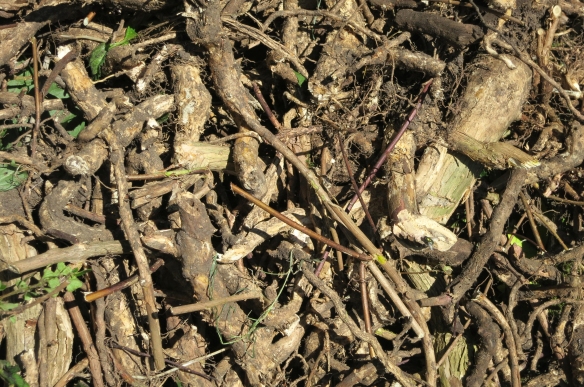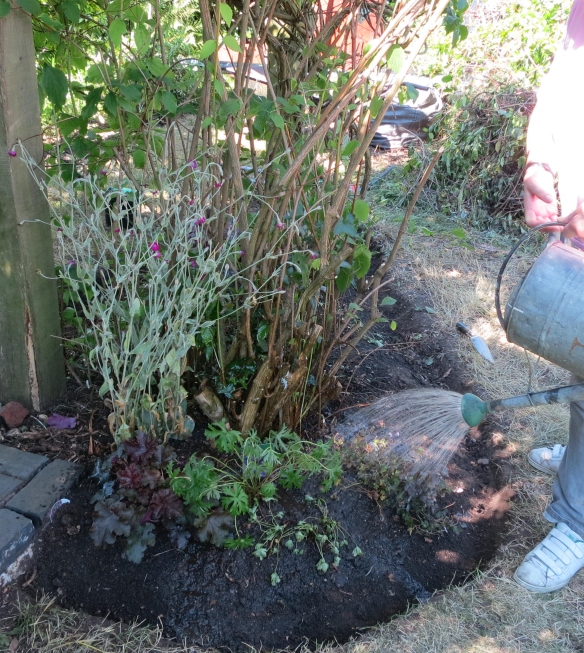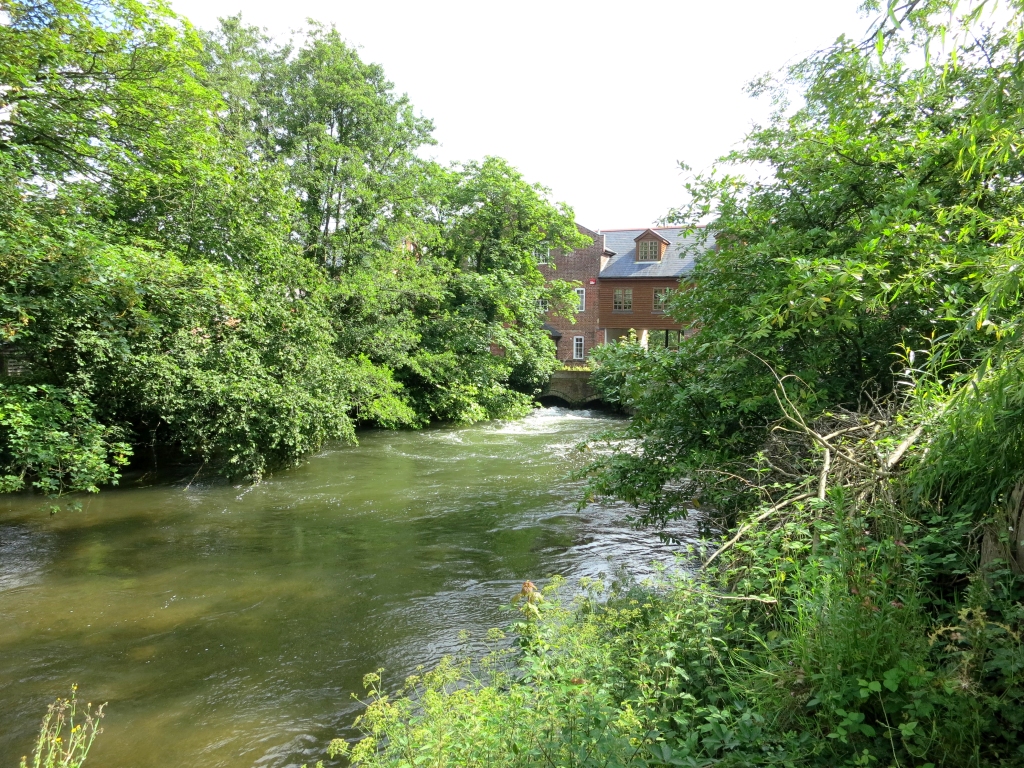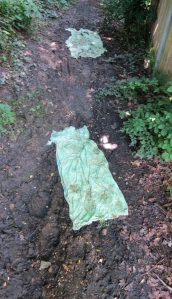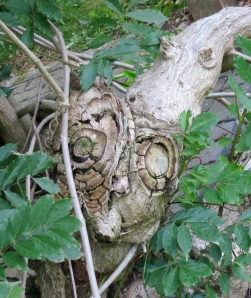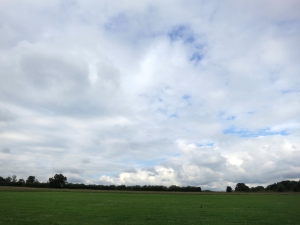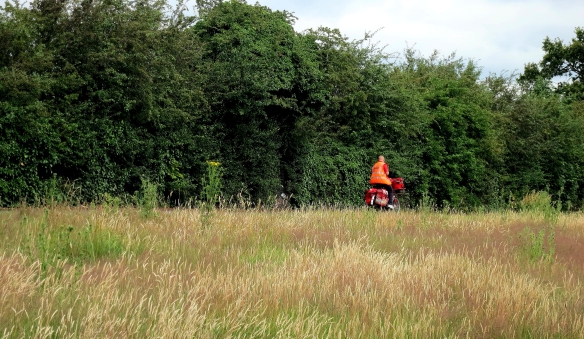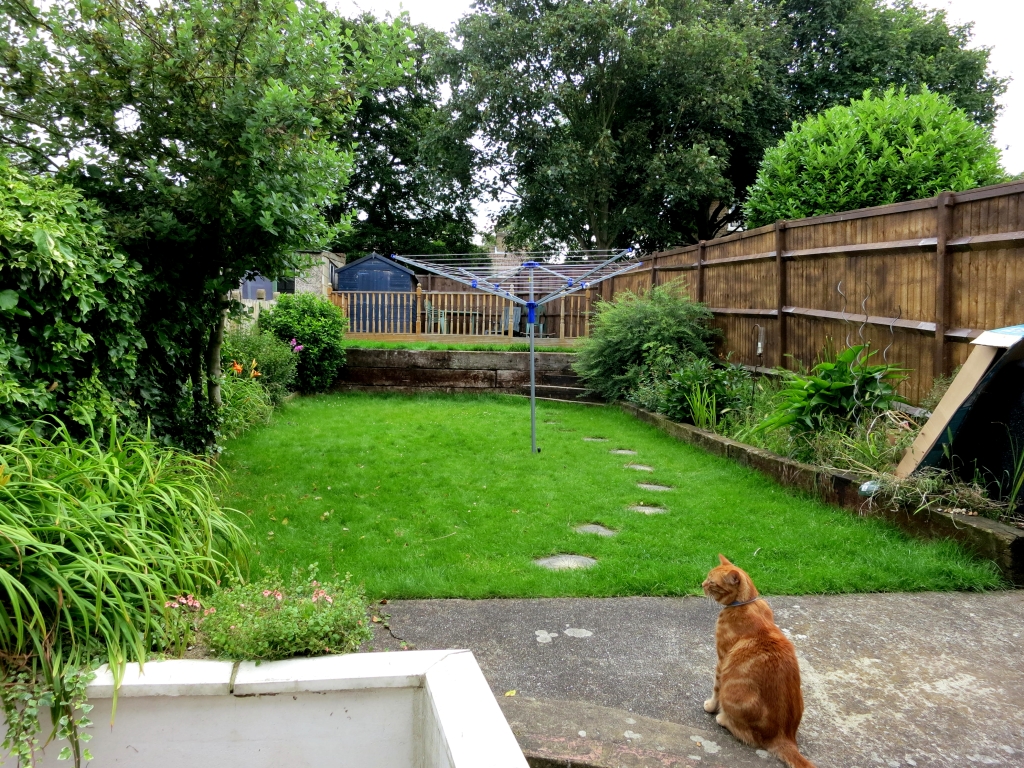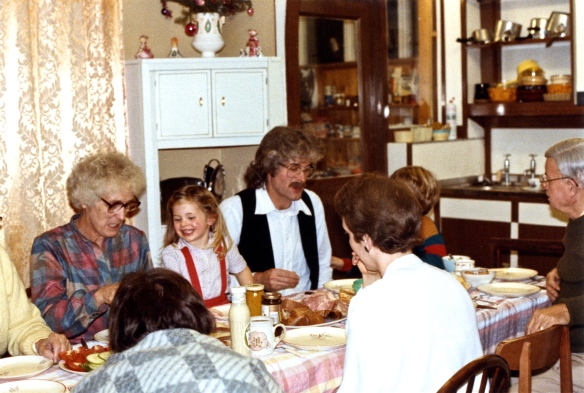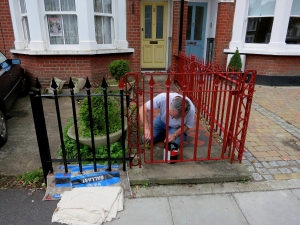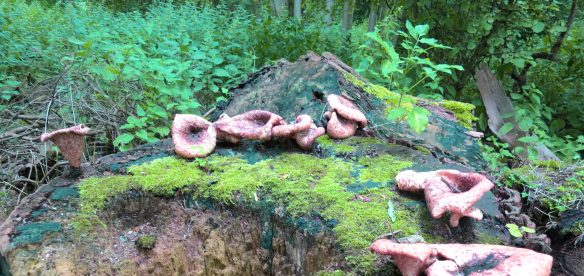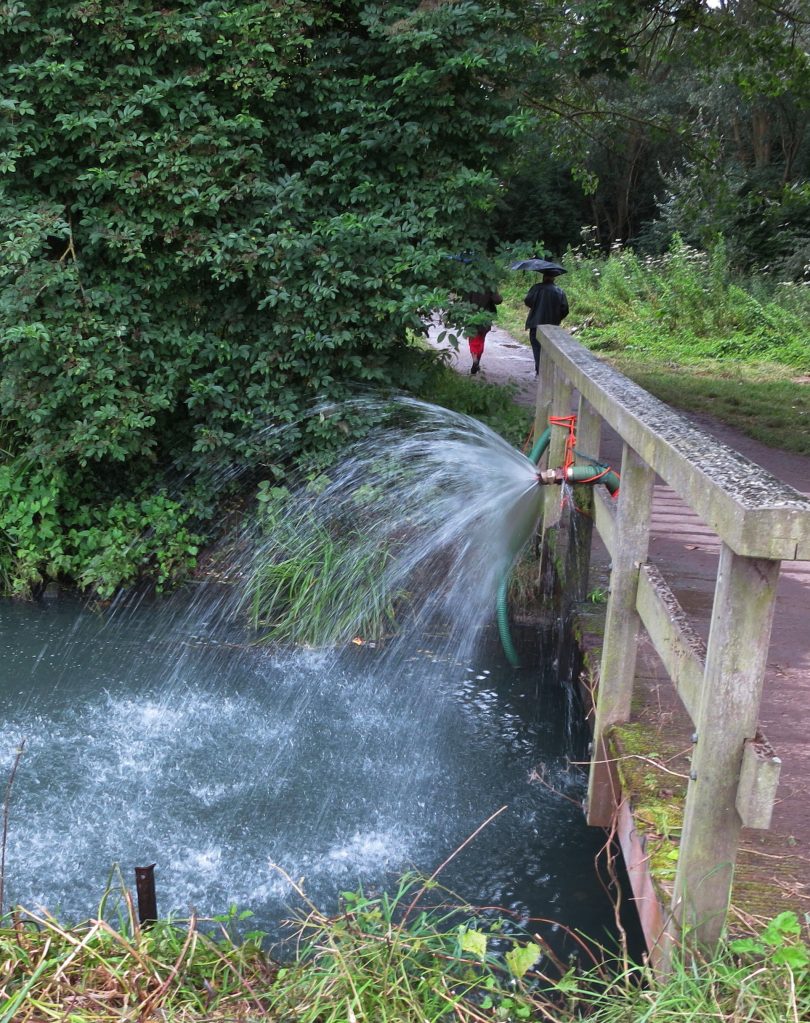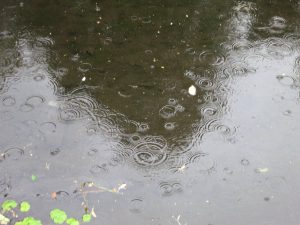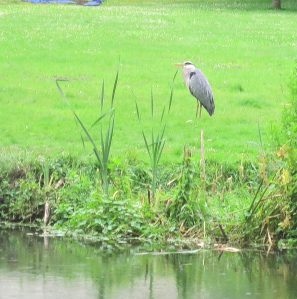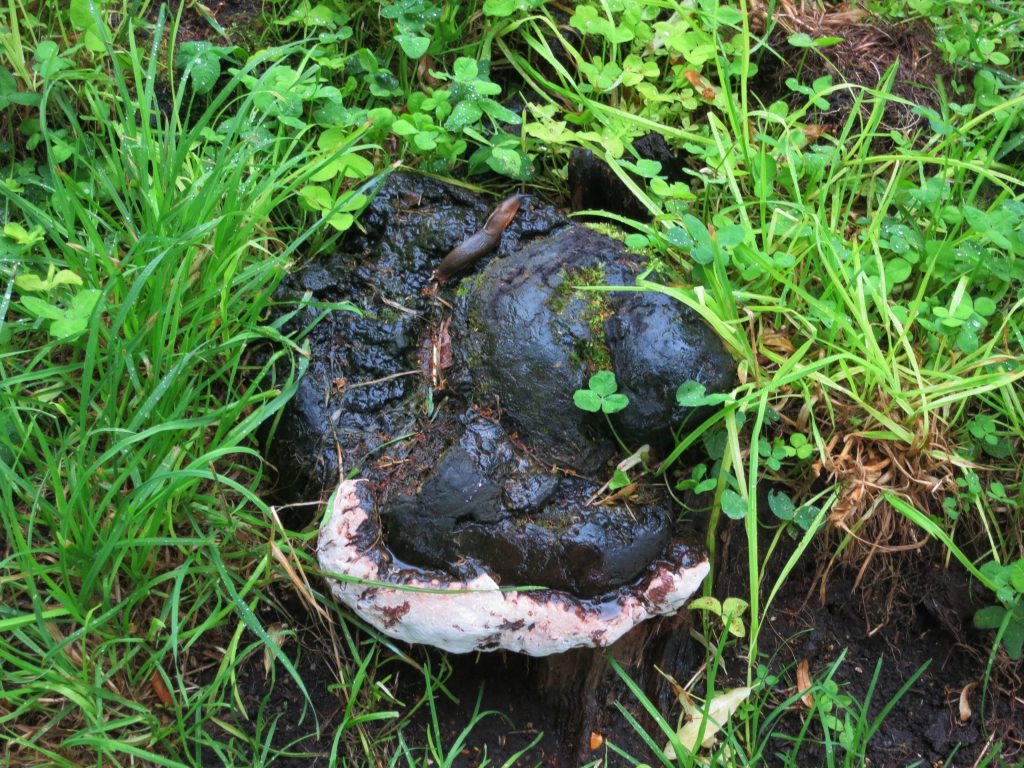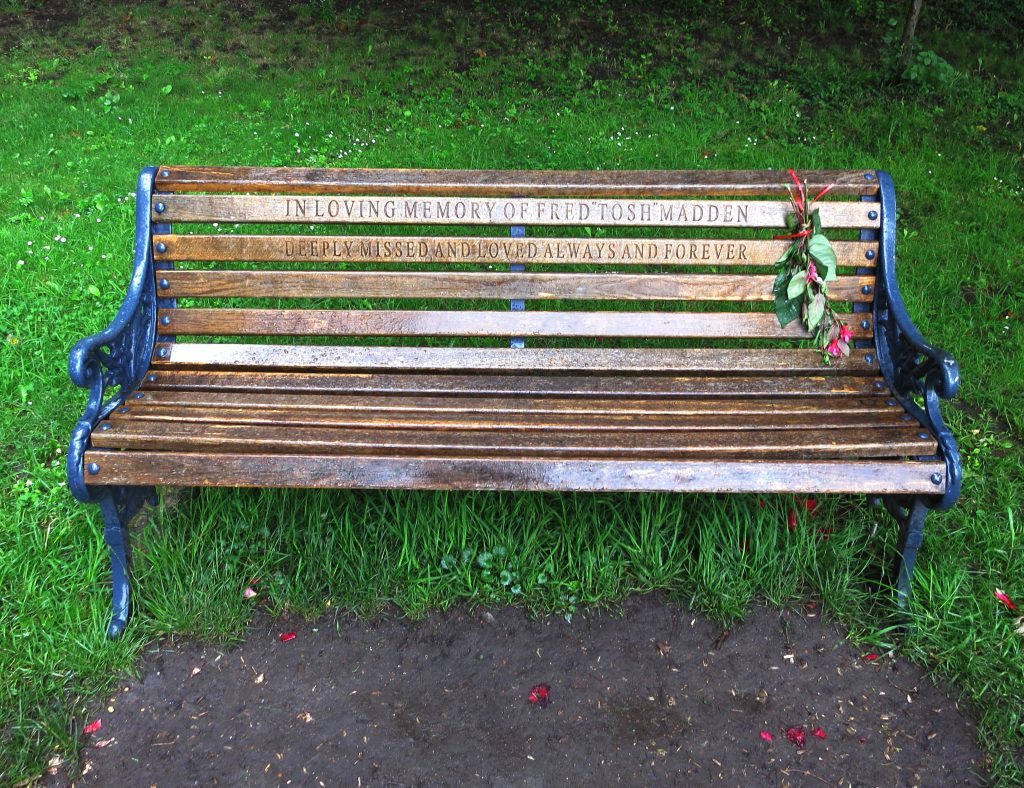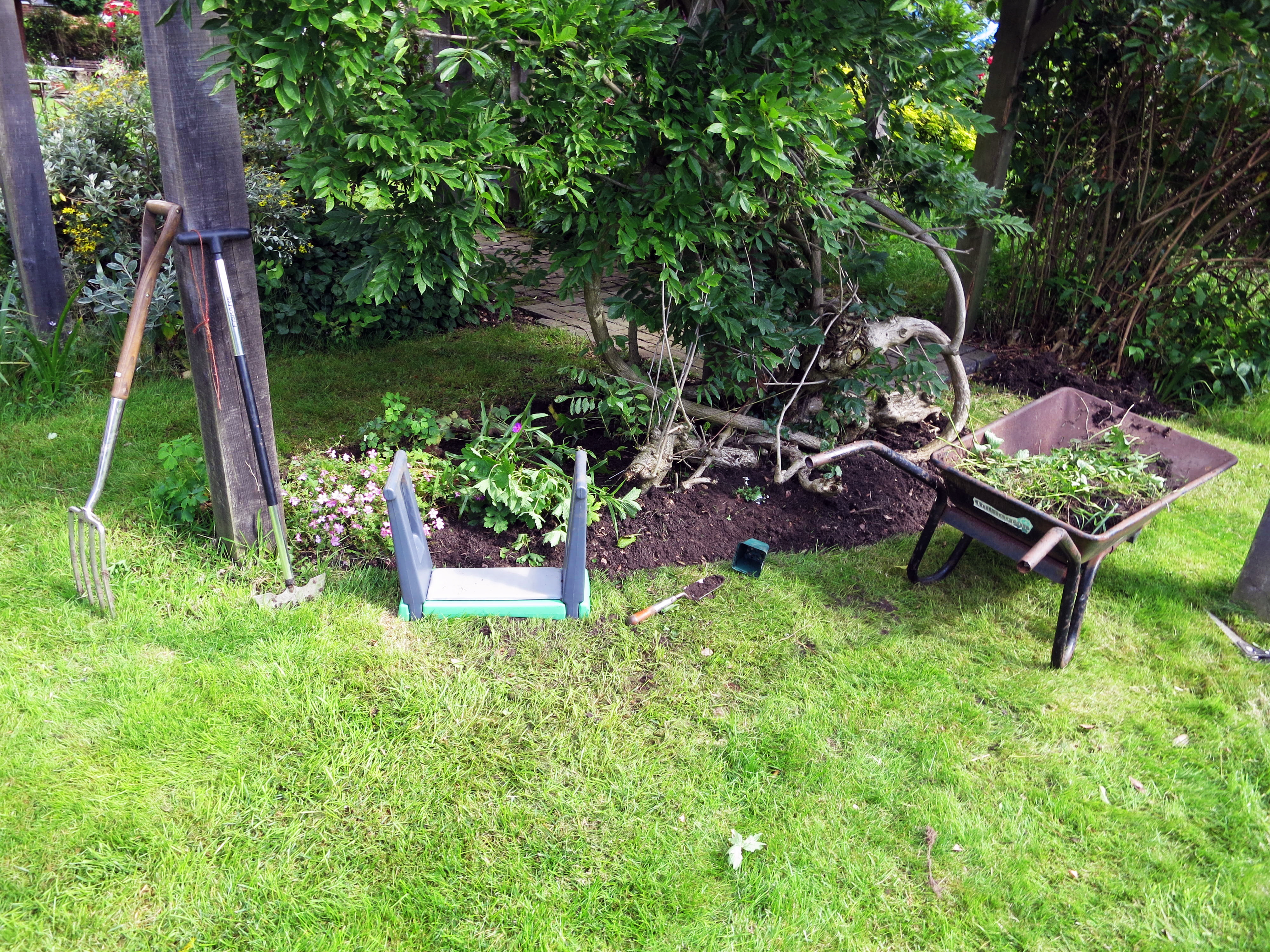 I began this extremely hot cloudless day with a walk through Telegraph Woods. Alongside Telegraph Road, into which Beacon Road forms a T junction, lies this ancient elevated woodland. I believe the name comes from the fact that the fire beacons prepared as a warning against the Spanish armada (see 7th. July post) were superseded by the telegraph system. There is, however, alleged to be the remains of an armada beacon surrounded by Douglas firs just inside the woods. Even older remains are said to be those of an Iron Age hill fort. Using the steps set into parts of the very steep terrain one could believe it would have been difficult to penetrate.
I began this extremely hot cloudless day with a walk through Telegraph Woods. Alongside Telegraph Road, into which Beacon Road forms a T junction, lies this ancient elevated woodland. I believe the name comes from the fact that the fire beacons prepared as a warning against the Spanish armada (see 7th. July post) were superseded by the telegraph system. There is, however, alleged to be the remains of an armada beacon surrounded by Douglas firs just inside the woods. Even older remains are said to be those of an Iron Age hill fort. Using the steps set into parts of the very steep terrain one could believe it would have been difficult to penetrate.
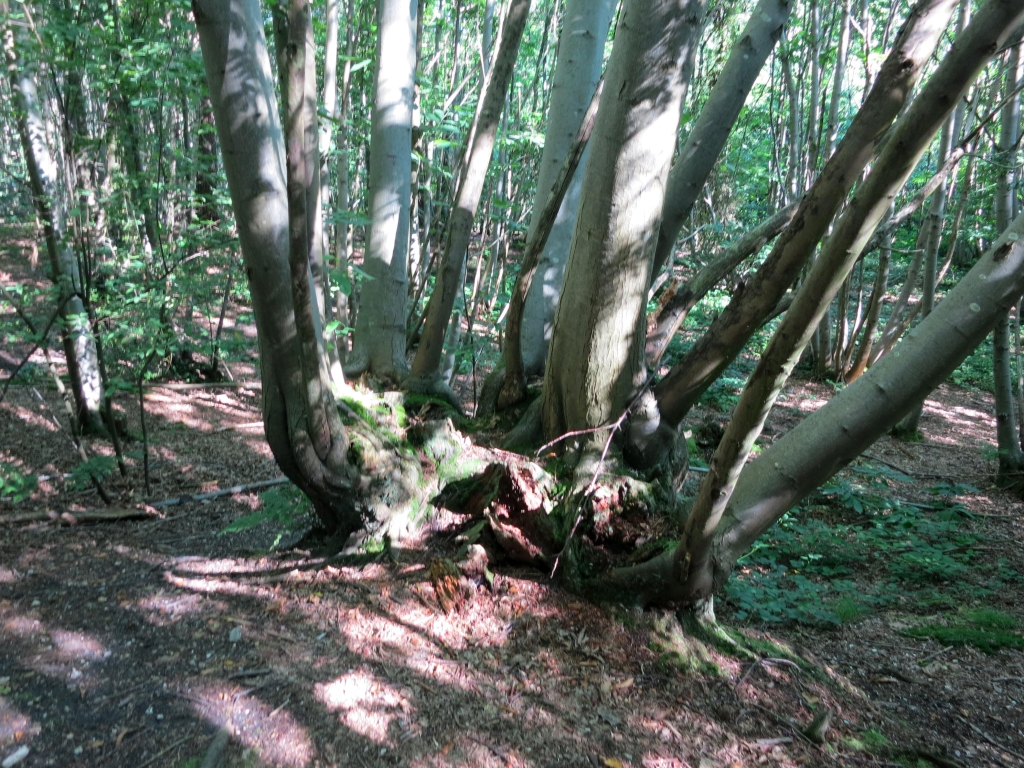 Hearing a rhythmic rustling I looked up into an extremely tall beech tree in time to see, descending in stately fashion down the trunk, a curled up leaf looking like one of the caterpillars that did a trapeze act from the leaves of the lime trees that lined the Stanton Road of my childhood. These creatures only had feet at the beginning and end of their lengths and therefore formed a series of arches as they rolled down the trunks. Are there any entomologists out there who can identify them?
Hearing a rhythmic rustling I looked up into an extremely tall beech tree in time to see, descending in stately fashion down the trunk, a curled up leaf looking like one of the caterpillars that did a trapeze act from the leaves of the lime trees that lined the Stanton Road of my childhood. These creatures only had feet at the beginning and end of their lengths and therefore formed a series of arches as they rolled down the trunks. Are there any entomologists out there who can identify them?
 Given that woodland once extended to the very boundary of Elizabeth’s home and that today’s deer may have a collective historical memory it is perhaps not unusual that in some years her garden has been invaded by ungulates devouring her spring shoots. I was nevertheless surprised to see a fossilised stag embedded at the foot of a tree.
Given that woodland once extended to the very boundary of Elizabeth’s home and that today’s deer may have a collective historical memory it is perhaps not unusual that in some years her garden has been invaded by ungulates devouring her spring shoots. I was nevertheless surprised to see a fossilised stag embedded at the foot of a tree.
I walked through the woods to Hampshire County Cricket Club’s Ageas Bowl. At the back of the cricket ground lies what looks to be a very serious golf course. Some golfers were already out playing, or dragging their caddies into position.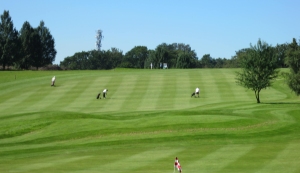 Others were gathering for the fray. Some riding in golfing cars, which must have a name I don’t know; others with bags of clubs slung over their shoulders, or carried on wheels. What they all had in common was an air of material comfort. From the central mound in the wood there is an amazing view through the trees onto the rolling landscape and beautifully tended greens.
Others were gathering for the fray. Some riding in golfing cars, which must have a name I don’t know; others with bags of clubs slung over their shoulders, or carried on wheels. What they all had in common was an air of material comfort. From the central mound in the wood there is an amazing view through the trees onto the rolling landscape and beautifully tended greens.
I finished off a new edge to a bed this morning, then had a coffee with Elizabeth. We got talking about how far photography has come in the years since the second third of the nineteenth century. I often wonder what William Henry Fox Talbot in particular would think if he knew that photographs produced with the press of a button could, through the intermediary of a bit of wire and a box you plug into a wall, be immediately transmitted around the world and instantaneously printed. In 1835, when he obtained his tiny grey picture, just over an inch square, with his own little wooden camera obscura, of a latticed window at Lacock Abbey in Wiltshire, little could he have known what would be done with a thumbnail in today’s computer. Fox Talbot referred to his cameras as ‘mousetraps’, which is indeed what they look like. For many years to come, sending photographs to others had to be carried by ‘snail mail’ or personal delivery in gradually developing forms of transport. Now we have the world wide web.
My header photograph today comes from the municipal dump where Elizabeth and I took the garden refuse left over from the weekend’s bonfires. We decided on this over lunch, for which, fortuitously, I ate a Sainsbury’s latticed pork pie. Bonfires, now that we have long sunny days at last, have been upsetting the neighbours. Instead of burning our pruned material we bagged it up and took it to the recycling centre. It needed two trips and the first thing we saw as we re-entered the drive after the second was one we had left behind.
The sun was so strong that it appeared to be burning the colour out of Cotinus leaves.
For our evening meal Elizabeth and I drove out to The Phoenix in Twyford where we had good basic pub food in a cask ale establishment. I had faggots, chips and peas augmented by one of Elizabeth’s sausages, which still left her with two. My starter of stilton and broccoli soup was excellent. We both took a chance on Punter beer, which paid off. Noticing two Stanton Road lime trees, I was disappointed to find no caterpillars.

